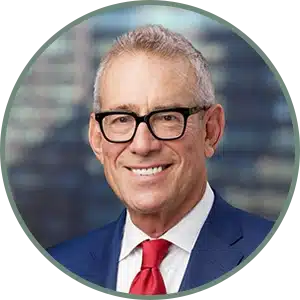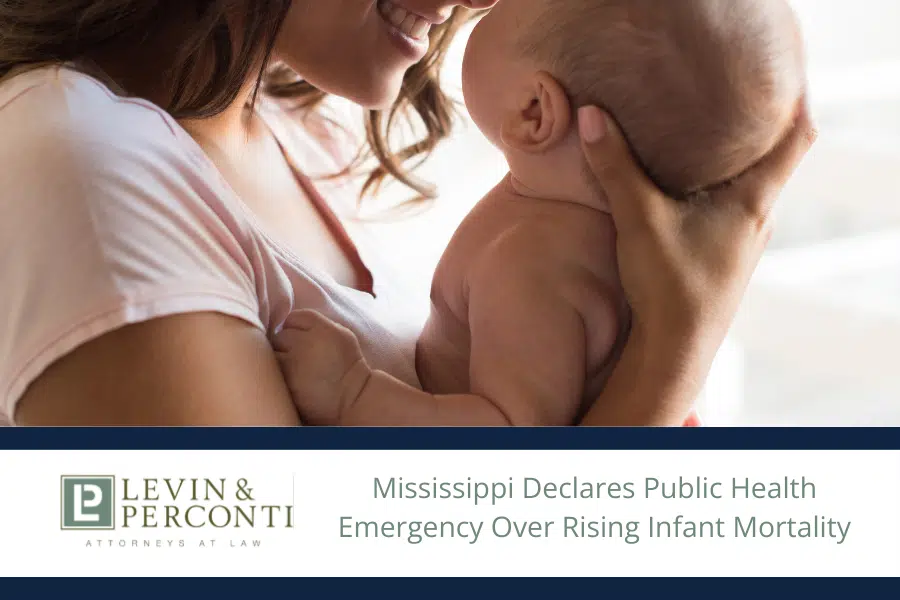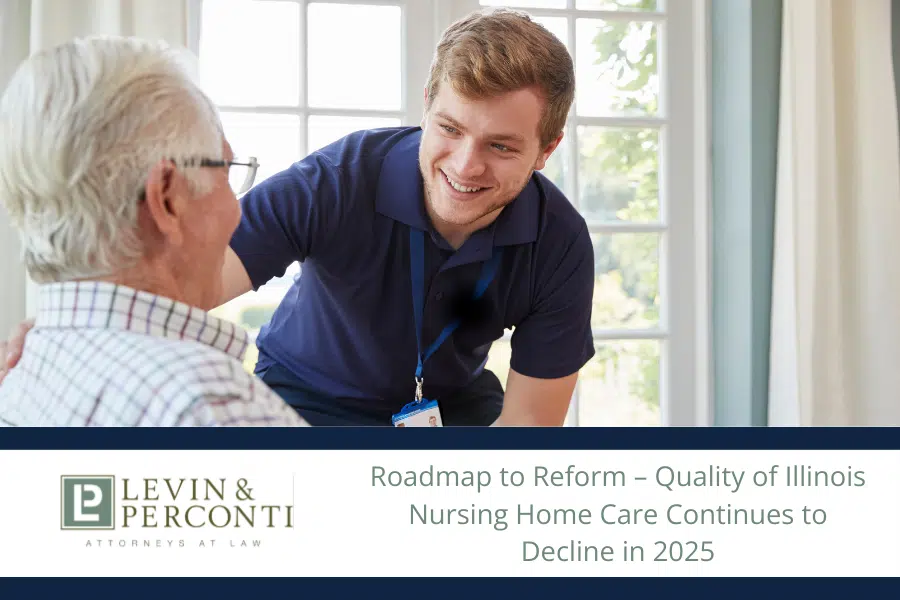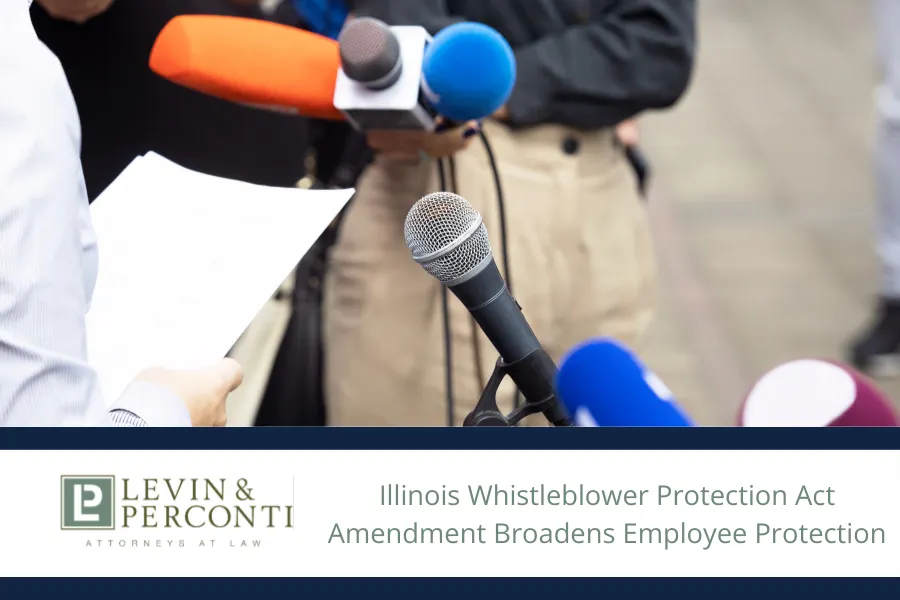
Content Reviewed by:
Steven M Levin
Content Reviewed by: Steven M Levin
Accordion Content
Since 1976, Steve Levin has been dedicated to helping people injured by others’ negligence. He is one of the first attorneys in the U.S. to prosecute nursing homes for abuse and negligence. He’s also helped write new legislation that governs the operation of nursing homes, including the Illinois Nursing Home Care Act. Moreover, Levin & Perconti has obtained the top three jury verdicts in nursing home negligence cases in Illinois.
University of Chicago Researchers Say Privately Invested Nursing Homes Have Increased Death Rates Among Residents
Researchers at the University of Chicago, Penn, and NYU have been busy studying Medicare data covering more than 18,000 nursing home facilities nationwide. Their review includes about 1,700 facilities that were bought through private equity from 2000 to 2017. Total private equity investment in U.S. nursing homes went from $5 billion in 2000 to more than $100 billion in 2018.
The findings, published in a new working paper by the National Bureau of Economic Research, showed that when private equity firms acquire nursing homes, about 1,000 more resident deaths occur every year, bringing the risk of patient mortality to 10% more than the overall average.
The new working paper’s abstract reads:
“The past two decades have seen a rapid increase in Private Equity (PE) investment in healthcare, a sector in which intensive government subsidy and market frictions could lead high-powered for-profit incentives to be misaligned with the social goal of affordable, quality care. This paper studies the effects of PE ownership on patient welfare at nursing homes. With administrative patient-level data, we use a within-facility differences-in-differences design to address non-random targeting of facilities. … Our estimates show that PE ownership increases the short-term mortality of Medicare patients by 10%, implying 20,150 lives lost due to PE ownership over our twelve-year sample period. This is accompanied by declines in other measures of patient well-being, such as lower mobility, while taxpayer spending per patient episode increases by 11%. We observe operational changes that help to explain these effects, including declines in nursing staff and compliance with standards. Finally, we document a systematic shift in operating costs post-acquisition toward non-patient care items such as monitoring fees, interest, and lease payments.”
Private equity firms have been documented to take on the debt of sizeable troubled nursing home chains and independent long-term care facilities and then mix monetary obligations within the newly acquired company’s accounting. Financial experts and nursing home advocates say these bookkeeping moves make it easier for private equity acquisition to regain investment costs quickly while choosing to ignore failing patient care needs.
The researchers concluded that when private equities take over a nursing home, even the healthiest residents may be more susceptible to this for-profit ownership style due to reductions in staffing and staff resources, including training, the increased use of antipsychotic drugs, and mismanagement of funds spent on things not related to patient care.
Speak Up Against Nursing Home Wrongdoers
At Levin & Perconti, we have long been advocates of taking steps to limit the chance for vulnerable nursing home care to be exploited. And our firm is home to the most widely-known and respected nursing home abuse and neglect attorneys and legal support in Illinois, achieving multiple million-dollar verdicts and settlements.
Please reach out to Levin & Perconti, a Chicago-based law firm ready to provide you with a free legal consultation at (312) 332-2872 or toll-free at 1-877-374-1417.
Source: Gupta, Atul, et al. “DOES PRIVATE EQUITY INVESTMENT IN HEALTHCARE BENEFIT PATIENTS? EVIDENCE FROM NURSING HOMES.” NATIONAL BUREAU OF ECONOMIC RESEARCH, NBER WORKING PAPER SERIES, Feb. 2021, www.nber.org/system/files/working_papers/w28474/w28474.pdf.



